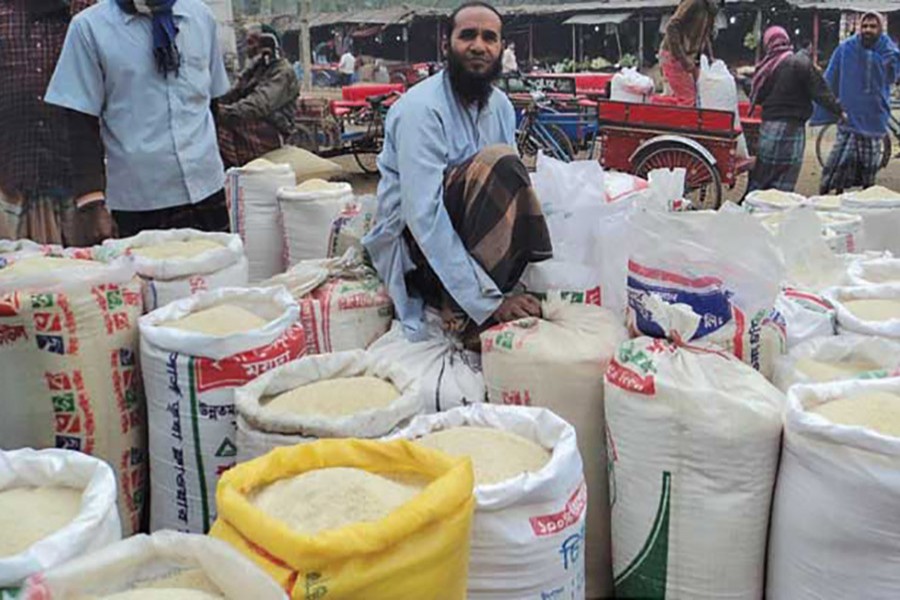A few unsavoury - albeit not quite unknown - facts emerged from a view-exchange meeting arranged by the Federation of Bangladesh Chambers of Commerce (FBCCI) with its affiliated associations. In the deliberations involving the small and medium enterprises (SMEs), a number of negative facts considered highly disincentive made their rounds for reasons understandable. Sadly the facts are exogenous in nature - police harassment, extortion and in some cases smuggling of raw materials out of the country. Men in uniform at times interfere in matters beyond their jurisdiction, which allegedly is a ploy to delay the goods-carrying vehicles on the highway or roads in order to get some unearned money. Not that the FBCCI is unaware of this business-unfriendly environment responsible for pushing the country down the "Cost of Doing Business" ranking. Now that the complaints have come from the victims, the country's apex trade body should obviously take into account such negative developments in shaping its proposed ERP (Engage, Reflect, Plan of Action) 2018.
Indeed, genuine entrepreneurs face various challenges in setting up and running enterprises or factories. Those challenges are part of the game but then there are social parasites who have to be appeased before operating their units. The entrepreneurs did not mention the underhand dealings they are compelled to compromise with in order to get their documents ready and the extortion money they have to pay to local gangs. They have complained only against the highway police. But it is common knowledge that covered vans or trucks used for transportation of commodities for export or import have to part with extortion money at several points on the route. A wide price gap of agricultural produces at farm level and at city market level is best explained by the transportation cost as well as extortions at several points on the way. The same is also true to a large extent for the products or raw materials the SMEs produce or use.
When cost of doing business thus goes up for reasons other than market principles, business ethics also gets distorted. This is what is happening in the country now. Traders and manufacturers are unlikely to incur loss on their commodities and products. They pass off the extra expenditure on consumers. This prompts volatility in markets. Foreign investors are unlikely to invest in markets with such uncertainties. So, there is a need for removing all exogenous interference in business and enterprises.
Finally, the SME entrepreneurs complain that the claims by the government about its supportive policies for promotion of SMEs through concessions in terms of value added tax and other provisions do not match with the operative parts at the field level. SMEs certainly need a great degree of patronage for the simple reason that they meet local demands for commodities as well as help lower the rate of unemployment in the country. Some of those have been exporting their commodities and this is a healthy sign for the economy. But there is a nexus of unscrupulous people which smuggle out imported raw materials because those are pricier in neighbouring countries. This problem needs to be addressed if the country's SMEs have to stand on a firm footing.


